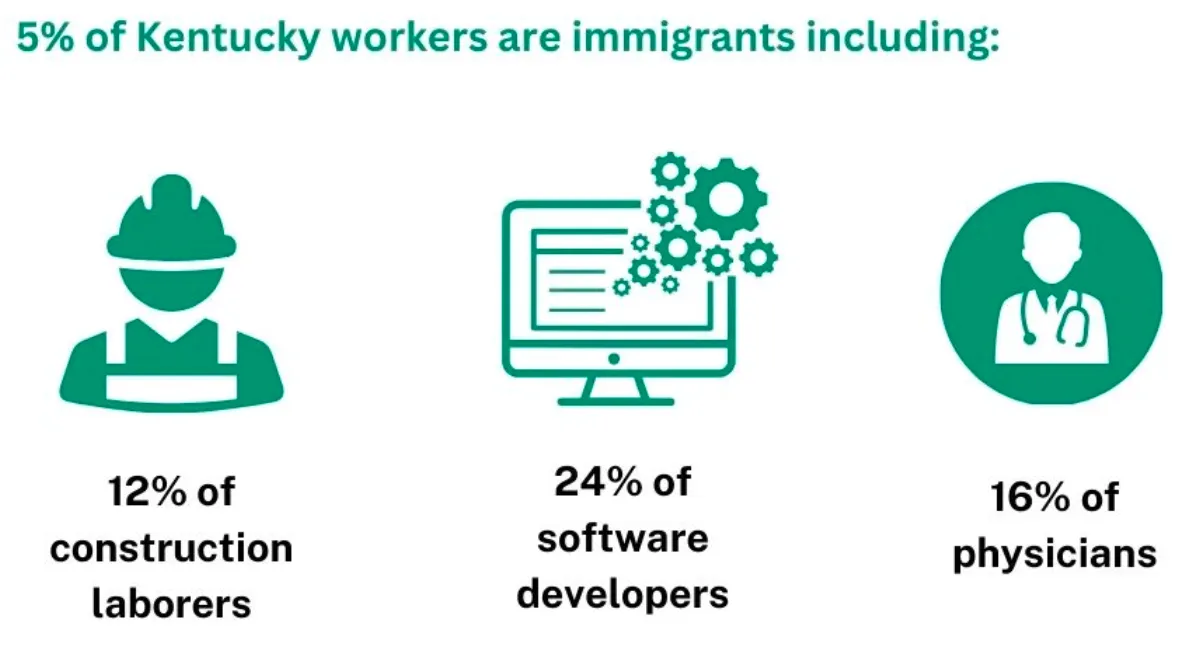Table of Contents
Every year as school starts back, there are stories of children being killed while waiting for the school bus. These stories are absolutely heartbreaking, and much of the blame has rightly fallen on distracted or speeding drivers.
As a result, there have been increased calls for vigilance on the part of motorists and pedestrians, and calls for stricter enforcement or monitoring of drivers by police. Others have suggested new infrastructure: better sidewalks, more lighting, speed bumps, and so on.
While cutting down on distracted driving and improving pedestrian infrastructure are good goals in general, there is another policy option which has received much less attention: making schools start later.
Starting school later will improve student safety
Mornings are a dangerous time for students on foot. While school buses themselves are remarkably safe, getting to them can be an issue.
Early in the morning (especially in the west end of a time zone) is dark, and many people, pedestrians and drivers alike, are tired or still half asleep. This combination of low visibility and lower levels of alertness can be deadly. As a result, the time between 6 and 8 a.m. is the deadliest time for pedestrians in school-transportation-related crashes. Making the school day start later would make children easier to see, and everyone more alert.
Beyond those waiting at bus stops, starting later even improves safety outcomes for teen drivers who are less experienced behind the wheel and would especially benefit from more rest and better driving conditions.
Starting school later will improve academic and behavioral outcomes
Keeping children safe is a worthwhile enough goal on its own. But there are other significant benefits to be had by moving start times back. Students who started school later had better academic and behavioral outcomes in school. They also had lower levels of depressive symptoms and risky behaviors such as smoking and drug use.
Delaying start times, then, should be seen not just as a tool to make kids safer, but a part of a broader education policy. If you want to improve education outcomes for your students, just let them sleep. It’s a simple policy change with proven academic benefits.
What are the barriers to change?
One of the reasons our current system is in place is to save money. Most school districts stagger their start times so they don’t have to buy or maintain as many buses. Typically middle and high schools start at one time, elementary schools at another, but in most of these situations one set will start before 8:00 a.m. In Jefferson County, middle and high school students start at 7:40. In Bullitt County, high schools start at 7:20. In Oldham and Fayette Counties, elementary schools start first, beginning at 7:40 and 7:45 respectively.
Pushing all school start times back to 8:30 or 9:00 would require more investment in buses, which would cost an estimated $150 per student per year. However, this investment would likely save $140 billion nationwide over the next 15 years. These savings would come from reducing the number of crashes, improving learning outcomes, and increasing productivity and earnings after graduation.
Others might be concerned about how our communities would handle such a change. What about high school athletics? What about after-school jobs? We are so used to the current system it can be hard to imagine how everything would work.
People who have such concerns do not give our communities enough credit for being flexible. We would adjust. High schools in Oldham and Fayette counties start later, and it hasn’t prevented them from having successful athletics programs. As one advocate of later start times states, “it turns out that community life revolves around public schools rather than vice versa.”
Starting school later will pay off in the end.
Delaying start times makes kids safer and improves academic performance. While it may take some political will to overcome the cost and status quo barriers, it would pay off in the end. It’s an investment in our students, and one that will have significant benefits for the whole community.
–30–







